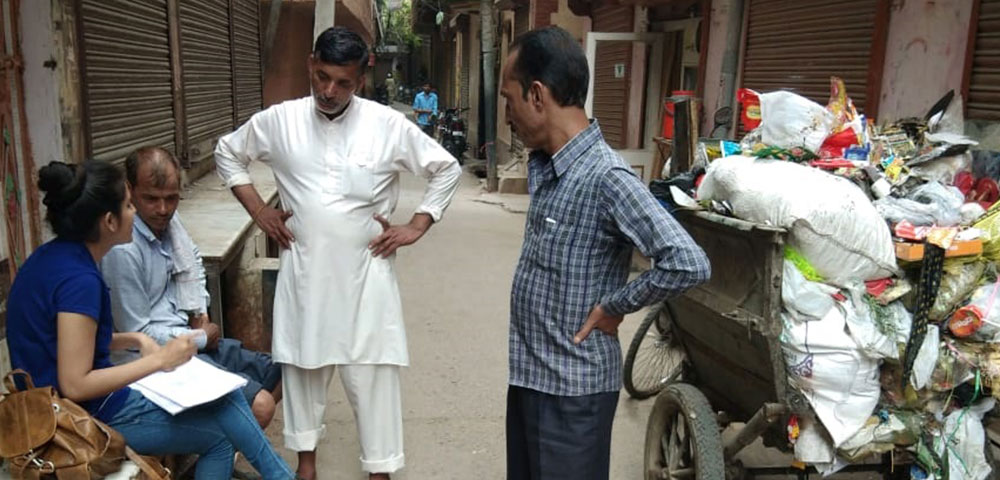Independent assessment of waste management in municipal corporations of Delhi

A waste-to-energy (WTE) plant is a concept that is now being widely considered, which uses the segregated waste in order to generate energy for example biogas through bio-methanation, or electricity through incineration.
A sustainable waste management system following the waste management hierarchy is the need of the hour which can result in less or zero waste disposal in the landfill. This will indeed help to achieve Sustainable Development Goals (SDGs) along with Nationally Determined Contributions (NDCs) by reducing greenhouse gas (GHG) emissions. But, such systems require a strong involvement of Urban Local Bodies (ULBs) as well as waste generators. Once the people participate and become fully aware of the fact that segregation at source, proper collection of waste, and decentralised treatments of waste is the key to convert waste to wealth, only then proper waste management can be achieved.
The very first step to solve any problem is to identify it. With the purpose to help ULBs manage solid waste in a more efficient and better manner, TERI is assessing the current management of solid waste at various levels of waste generators and waste managers. TERI team is conducting field surveys in the colonies of East Delhi Municipal Corporation, New Delhi Municipal Council, Model wards of South Delhi Municipal Corporation and Model wards of North Delhi Municipal Corporation since June–July 2019.
The number of sample colonies to be surveyed has been evaluated through statistical approach to achieve more than 90% confidence level and an acceptable 10% margin of error. The purpose of the audits is to access the MSW management systems in these colonies via waste generators like Households, Markets, Institutions, Street vendors, RWA. Waste managers like waste collectors, street sweepers, waste transporters, sanitary supervisors, urban local body officials are also interviewed to understand their system of waste management. The surveys involve a robust methodology and are guided through a set of questionnaires prepared by TERI.
The overall objective of the study is to conduct a field survey to identify the waste management systems on fronts of; status of waste segregation, waste collection, waste transportation, organic waste management, Plastic and the construction & demolition (C&D) waste management among others. These help in identifying the gaps in system with respect to the Solid Waste Management Rules 2016, Plastic Waste Management Rules 2016 and C&D Waste Management Rules 2016, which will ultimately help ULBs to understand the areas of concerns and take corrective actions for proper solid waste management.
Further, these audits can become a blueprint for various other cities in India to know the current waste management system being exercised there and how more efficient it can be made into and can also aid in uplifting the Swachh Sarvekshan ranking of the participating cities. TERI has earlier done such audits for East Delhi Municipal Corporation in the year 2018 and helped them to implement better solid waste management.

